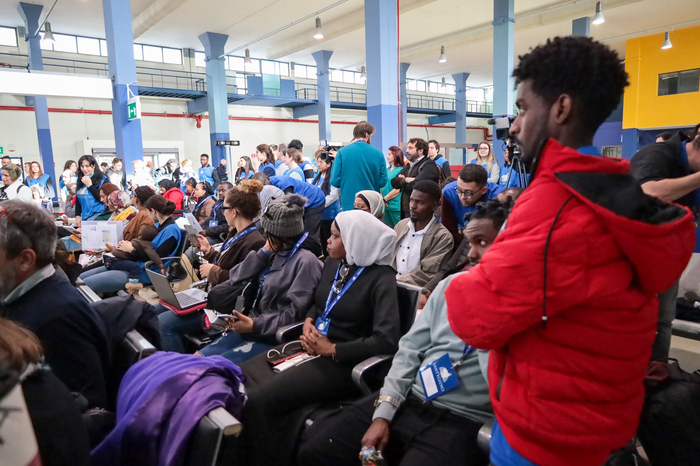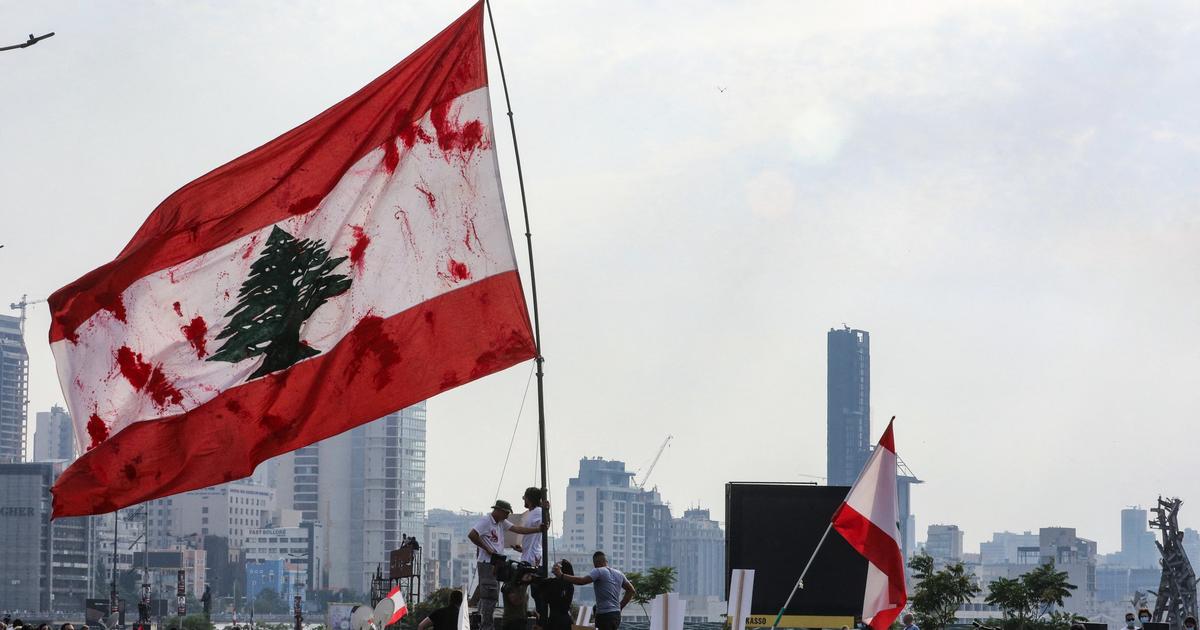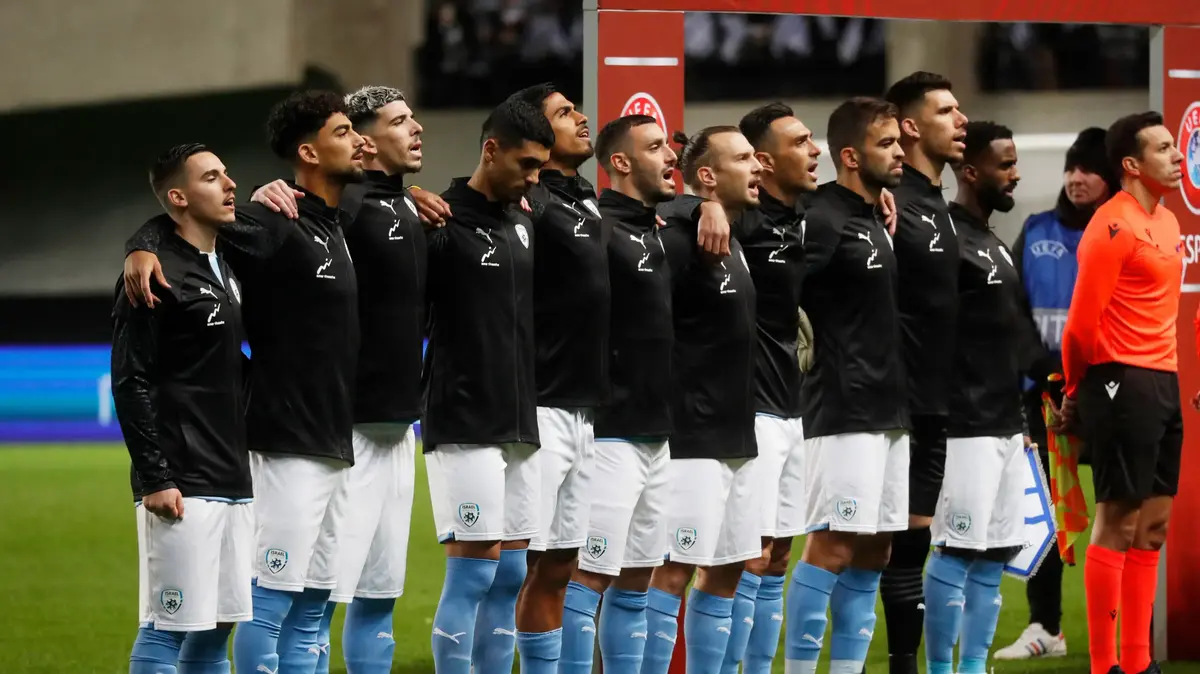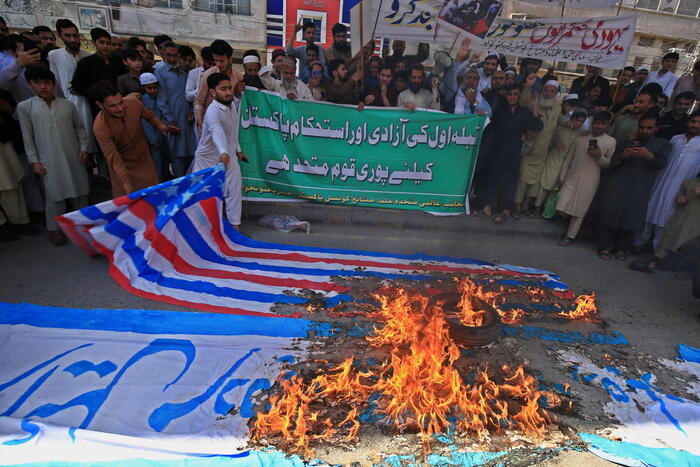I recently met Sham and Ghena in Homs, in central Syria. Both are young Palestine refugees studying at the Al-Ramleh school of UNRWA, the UN Relief and Works Agency for Palestine Refugees. They asked me, on behalf of their peers, to make sure their school remained open. There was something so touching and yet so simple in her request: two little girls asking to be able to go to school is something beautiful and heartbreaking at the same time.
After six years in Syria, I can't help but wonder what the future holds for Palestine refugees in this country, especially younger ones like Sham and Ghena. Since my arrival, and through my work at UNRWA, I have witnessed first-hand extreme pain and loss, of a radically different scope and scale than other places I had previously served, such as the Democratic Republic of Congo, Jordan, Sudan, Tanzania, Uganda and Rwanda.
When Syria's bloody conflict began, large numbers of Palestine refugees fled to Lebanon, Jordan, Egypt, Europe and other countries. Entire families were separated and almost all lost loved ones
As different political and humanitarian actors prepare for the 7th Brussels Conference on Syria, it is crucial that we remember the Palestine refugee community, and that names such as Yarmouk, Deraa and Ein el Tal continue to be present in discussions on supporting people in Syria. When the bloody conflict in Syria began, one of the most affected groups were the Palestine refugees. Three camps — Yarmouk, Dera'a and Ein el Tal — were almost completely destroyed in the fighting, with most of their residents displaced inside and outside the country. Large numbers of Palestine refugees fled to Lebanon, Jordan, Egypt, Europe and other countries. Entire families were separated and almost all lost loved ones. Many struggled to find shelter and food, while surviving trauma and loss.
Palestine refugees arrived in Syria after the 1948 war and settled in different parts of the country. The largest Palestinian community found refuge in the Yarmouk camp, which for decades became a nerve center, or what many Palestinians called "the capital of the Palestinian diaspora." Unfortunately, it also later became the epicenter of intense fighting, displacement and destruction. The fighting even destroyed UNRWA buildings, such as schools and health centres, which were rendered unusable. Today, although the camp remains in ruins, families who can no longer afford rent outside, having lost their homes in the camp, are once again living in rubble.
With the support of our donors, we have begun to rehabilitate some UNRWA buildings and hope to be able to use them later this year. In Dera'a camp in southern Syria, UNRWA was able to rebuild most of its damaged buildings, and we now have a school, a health centre and a community centre operating at full capacity. Funding is urgently needed to rebuild Ein el-Tal in Aleppo, a camp that was totally destroyed during fighting around the city and was recently hit by the earthquake that devastated parts of Turkey and Syria.
Scarce funding, more needs
In 2023, although the fighting has almost definitively ceased, many challenges remain. Before the conflict, only 6% of the Palestine refugee population in Syria was among the most vulnerable. Today, four out of five Palestine refugees in Syria live in poverty.
UNRWA provides essential services to some 438,000 Palestine refugees who remain in the country: education, health care, psychosocial support and counselling for survivors of gender-based violence, and emergency food and cash assistance to the poorest. In addition, it manages 102 schools in which almost 50,000 girls and boys receive a quality education and feel the return to normalcy, and that is probably our most important contribution to a generation that has witnessed tragic events and trauma. Although almost a third of our schools were damaged, we have managed to continue to provide education through schools provided by the Syrian government.
Before the conflict, only 6% of Palestine refugees were among the most vulnerable in Syria. Today, four out of five Palestine refugees in Syria live in poverty.
However, the agency faces a shortage of funds every year. This translates into limited capacity to respond to the growing difficulties and multiple crises in the lives of Palestine refugees: initial displacement, years of conflict leading to further displacement, COVID-19, a deep socio-economic crisis and, most recently, the earthquake. More than 46,500 Palestine refugees in Syria were affected by this natural disaster and 20 died. Many houses were damaged. This added to years of shock and trauma.
Despite urgent needs, UNRWA's earthquake appeal still needs nearly four million dollars. This is in addition to the needs to be met under the Agency's Emergency Appeal for 2023. In Syria, securing funding for the appeal means being able to provide life-saving humanitarian aid, including food and cash, and means health and education for tens of thousands of Palestine refugees.
UNRWA remains the main lifeline for Palestine refugee families in Syria, and for those who fled to Lebanon and Jordan during the conflict. The European Union has been a crucial partner in supporting UNRWA's operations in the region, including Syria. Since 1971, we have maintained a strategic partnership guided by the shared objective of supporting the human development and humanitarian needs of Palestine refugees, pending a just and definitive solution to the conflict.
With an eye to the upcoming Brussels Conference on Syria, I ask that we do all we can for Sham, Ghena and thousands of Palestine refugee children who continue to go to UNRWA schools. I ask that their families and community continue to receive health services in UNRWA health centres. I call on the EU and all participants in the conference not to forget the Palestine refugee population and to make attention and financial funds available to their humanitarian needs. They are an integral part of Syrian society and must be included in the humanitarian response in the region. When participants pledge to support the Syrian people, Palestine refugees must be included.
Amanya Michael Ebye is UNRWA Affairs Director in Syria.
You can follow PLANETA FUTURO on Twitter, Facebook and Instagram, and subscribe here to our newsletter.














